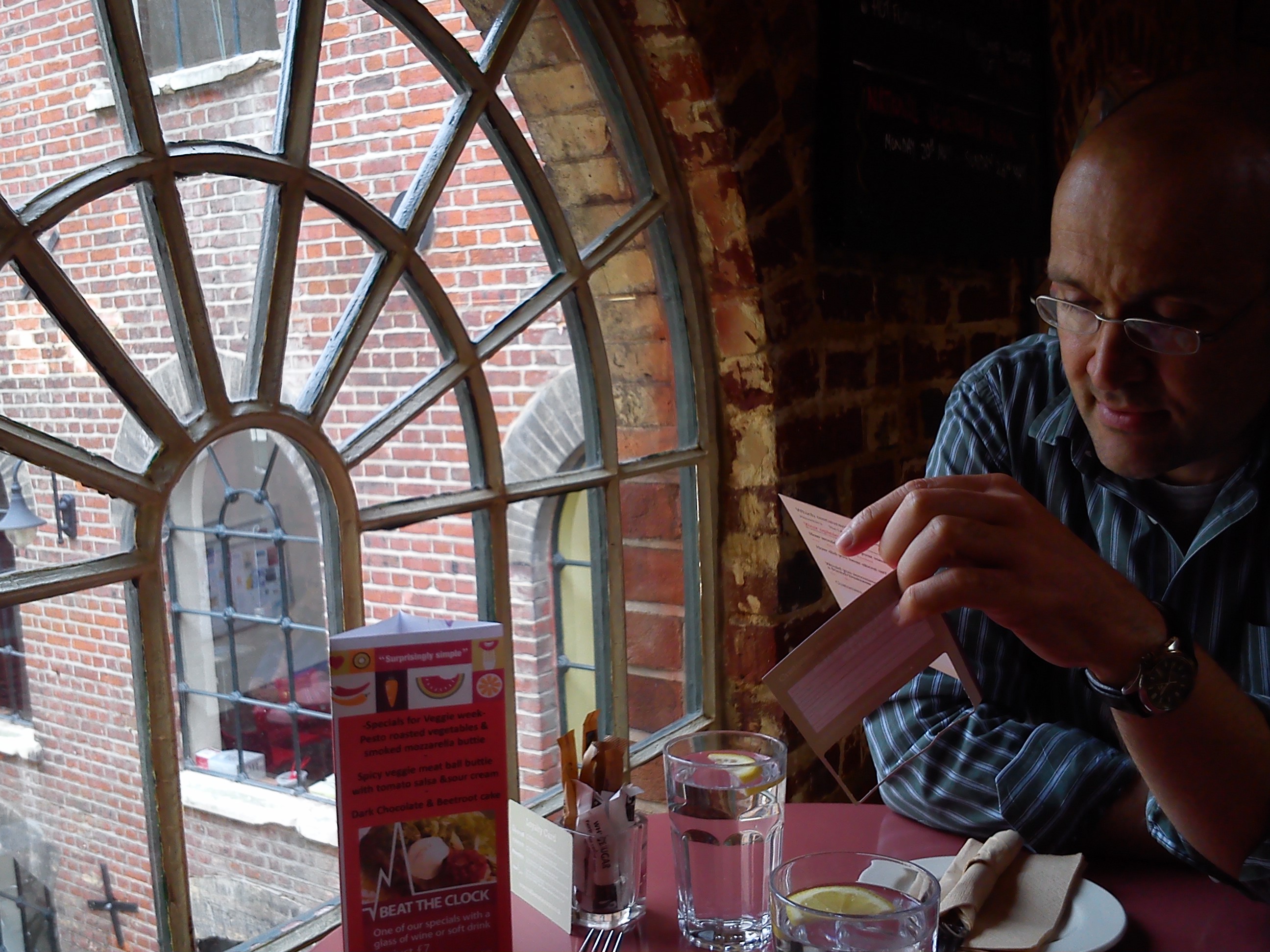Time for Assembly?
Sine Cera
Here’s an illustration that you might find useful if you’re planning or leading an act of collective worship in a secondary school.
When I used it, I began the assembly like this:
Even in our age of super-swift emails and ‘messenger’ conversations, I’m sure that most of you will have resorted to ‘snail-mail’ at some point in your lives. Perhaps you have written a letter and gone so far as to sign it, ‘Yours Sincerely…’
Have you ever stopped to think about what this word, ‘sincerely’ actually means?
Here’s the illustration itself:
It is believed that the word has something to do with the people who made pots in ancientRome. You see, there were good potters and there were bad potters. Some were honest and some were not!
The good potters sold strong and reliable drinking and cooking vessels that you could use for years and they sold them at a reasonable price. The bad potters sold vessels that looked good, but were in fact defective.
If you make a lot of pottery, things are bound to go wrong. Periodically, you get cracked pots that are weak and leaky and no good for cooking.
The bad potters used to take their cracked and damaged pots and then make them look good by filling the gaps with wax. The wax would obscure faults perfectly and the buyer wouldn’t know that he or she had been duped until they got home and poured hot water into the pot. The wax would melt and the pots would fall apart.
Good, honest potters would break any damaged pots and not sell them. Some would even guarantee their products by displaying a large Latin sign on their stall or in their shop which said, ‘Sine Cera’.
Sine Cera means, ‘without wax’ and it is where we get our word, ‘sincerely’. So in short the word, ‘sincerely’ means that what you see is really what you get; if you are sincere it means you are a persistently truthful and honest person.
I drew the following point out of this story for the students:
The definition of sincerity echoes some of Jesus’ teachings about how we should act in our everyday lives. He frequently encouraged everyone to be honest and plain in their dealings. He once put it in this beautifully simple way,
“Just say ‘yes’ and ‘no.’ When you manipulate words to get your own way, you go wrong.” (Matthew5:37MSG)
I used this as a conclusion:
If you can be honest and open in all situations you will earn the respect and trust of those around you.
Christians would go even further and say that being honest and upright pleases God; because that is the way He originally intended us to be!
I will leave you with a quotation from the Book of Proverbs, it speaks for itself:
‘An honest answer is like a kiss on the lips.’ (Proverbs 24:26 NIV)
You can’t say fairer (or more sincerely) than that!
And this is the short prayer that we prayed at the end:
Father God, sincerity is precious and important to You, please strengthen our resolve to make sincerity precious and important to each of us in our everyday lives.
We ask this in the Name of Your Son, our Saviour Jesus Christ. Amen.



